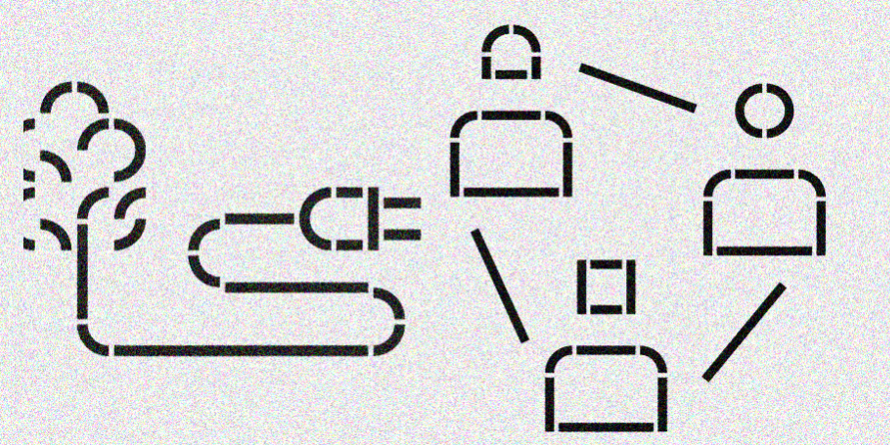EELISA communities are cornerstones of the EELISA universe – where educators, researchers, students, businesses, and the wider society come together to work on global challenges with the help of European engineering. To enable this kind of collaboration and innovation, EELISA is creating an IT platform for networking and challenge-based learning. Sebastian Honert, from EELISA member Friedrich-Alexander Universität Erlangen-Nürnberg, (FAU) is currently responsible for the conception and implementation of the first components of this platform. In this interview, he gives us some details on the platform’s planning and building process.
___
Q: Sebastian, what will the platform look like? What will it be able to do or not do?
A:With regard to the development of the Community & Innovation Platform, several factors have been particularly important to us. First of all, we aim to provide a lean, extensible, and long-term maintainable solution based on open-source software. Secondly, we want to establish a clear separation of concerns between the platform and other components of the EELISA IT infrastructure. Last but not least, we want to avoid monolithic structures as much as possible and instead pursue a modular approach that will enable the seamless integration of additional content and functionalities in the future.
We would like to emphasize that the platform will not be a comprehensive solution for every part of the EELISA IT landscape. The core features of the platform will initially consist of a centralized editorial system that stores, displays, and disseminates information for students, staff, and external partners. This includes, among other things, the EELISA Communities, course offerings, tips on studying and mobilities, EELISA activities, learning opportunities, internships, workshops, etc. Selected data records will be made available to external services via APIs.
In addition, the platform will allow students to enroll in courses and participate in the EELISA challenges. For the purpose of networking, it will provide a discussion board where users can exchange ideas within their communities, discuss ongoing challenges, or chat about their mobility experiences or any other EELISA and community-related topic.
The platform will be hosted at FAU. External collaboration (document management, calendars, video calls) will be supported by the Microsoft Teams licenses held by the EELISA members.
Q: Who are the users of the platform?
A: The users of the platform will be EELISA students and staff as well as external partners and associates. In order to give them a coherent user experience, the platform will be optimized for mobile devices and will be closely following the EELISA visual identity guidelines. All content on the platform will be publicly accessible. However, individual user accounts will be required for posting on the discussion boards, participating in challenges, enrolling in courses etc. For this purpose, the platform will support a single sign-on solution (via eduGAIN) for all members of the EELISA universities. For external partners and associates, user accounts can be created on-demand.
Q: Will the platform replace the learning management systems of the EELISA partner universities?
A: No. The Community & Innovation Platform is not intended to replace any learning management systems, like Moodle or ILIAS, available at the EELISA members. The platform will also not implement an additional learning management system. Instead, it aims to connect existing learning opportunities with their appropriate target audiences and track accomplishments across different systems. Moreover, the platform will not cover a student performance management system where the test administration and documentation could be covered.
Q: Finally, the most important question: When will the platform be ready for use?
A: The first version of the platform will presumably be available by the beginning of 2022. To ensure the sustainability of the platform, it is particularly important for us to lay a solid foundation for further developments. Therefore, the platform will be launched with a reduced functional scope, including information on courses, activities, and mobilities, the discussion board, and single sign-on authentication. The remaining features, such as the EELISA challenges (planned for 2022) will then be added gradually over the duration of the project.

